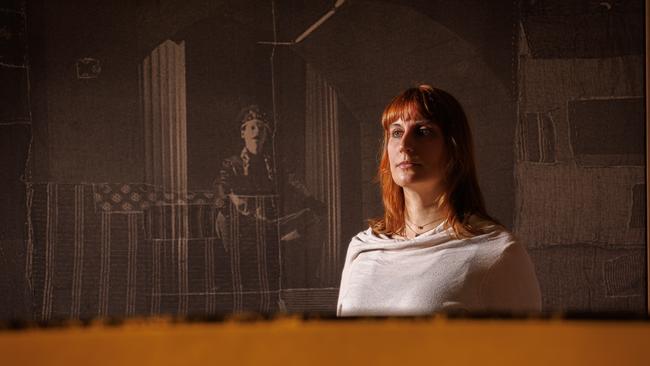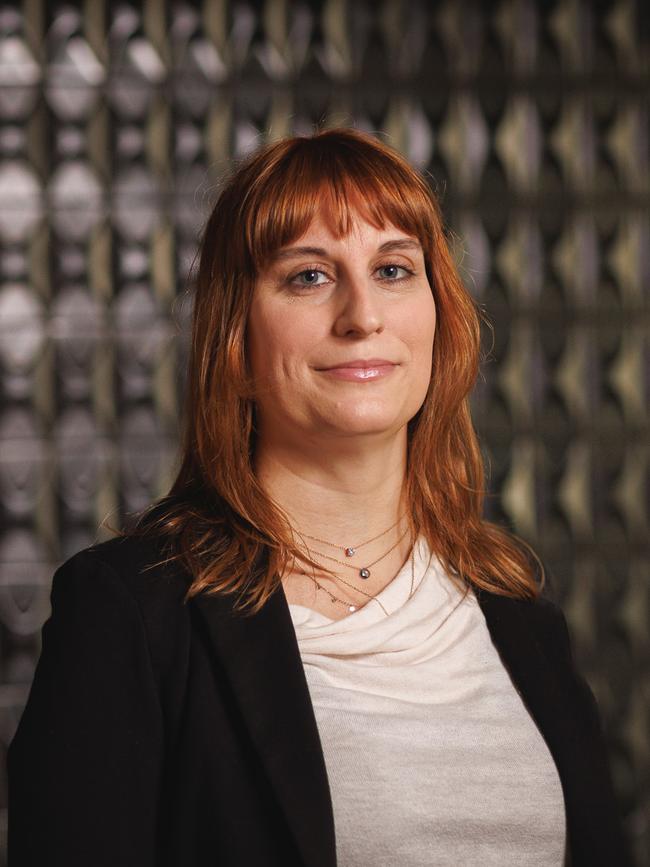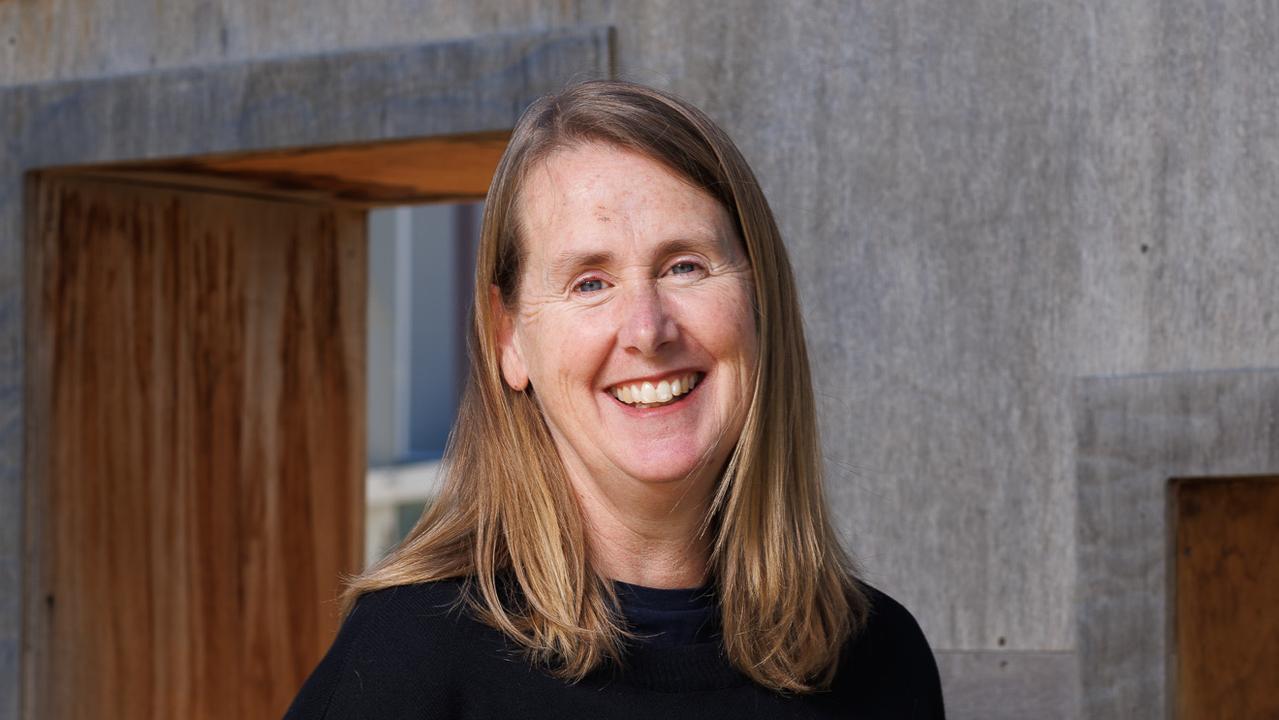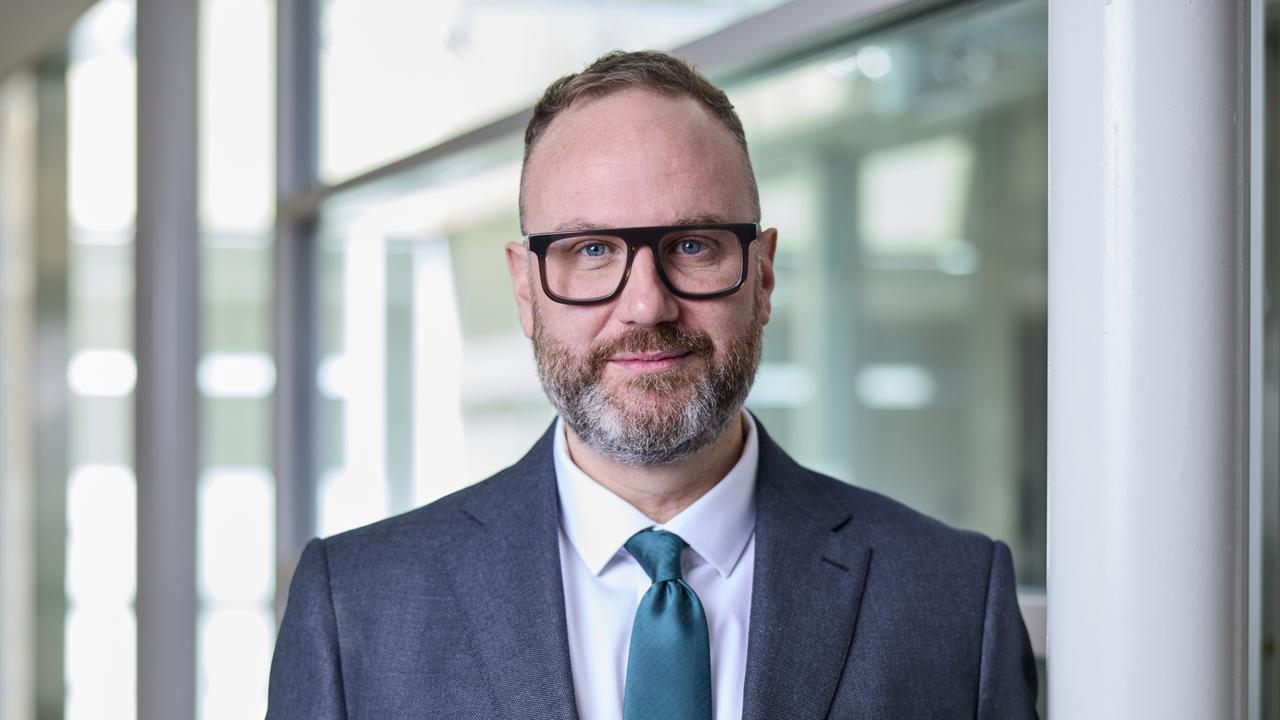Bridget Harris is our leading researcher in criminology, criminal law and policing
Bridget Harris from Monash University is Australia’s top researcher in criminology, criminal law and policing.

Bridget Harris’s dream is that she and fellow researchers in her field will eventually find themselves out of a job.
Her projects are centred on gendered violence – and she can’t see herself doing anything else.
“I’m always going to be doing this work even though it may not always be within academia, as I also do a lot with government and non-government agencies,” Harris says.
“I just hope that my work becomes irrelevant in this space, as we seek to enhance responses and prevention efforts. But in the meantime, this is the field that I am in.”
Harris, director of the Monash Gender and Family Violence Prevention Centre, is named in The Australian’s 2025 Research magazine as Australia’s top researcher in criminology, criminal law and policing. She describes her research more broadly as exploring gender violence and spatiality.
This covers the differences in experiences of those living in non-urban and urban areas in relation to domestic, family and sexual violence, and also the impact of technology, both positive and negative.
“I think about technology as spaceless and look at how technology can be weaponised to perpetrate harm, but also how we can harness it in providing support and in disrupting, preventing and addressing harm,” Harris says.
One of her current projects is looking at victim-survivors’ experiences of technology-facilitated abuse and how technology is used in responding to domestic and family violence, including the use of police body-worn cameras.
Another explores elder abuse in regional, rural and remote areas.

“Anybody can be a victim-survivor or perpetrator of violence, but overwhelmingly we know that men are more likely to be perpetrators and women more likely to be targets,” Harris says.
“But also gender and sexuality-diverse people experience victimisation at higher rates or with added barriers or risk, as do some other groups, such as people with disabilities, migrant and refugee communities, and also First Nations communities.”
Her favourite moments in her research have been when victim-survivors have been in touch to say her work had resonated with and was useful to them.
“When they felt like it had captured and validated their experience, that is super meaningful to me,” Harris says. “That’s kind of my measure of success I strive for.”
She also recalls when a group of police officers she had trained in responding to domestic and family violence, using a model she’d developed, told her how her model had been applied on call-outs and to support victim-survivors.
“Hearing about and seeing that happen was really incredible,” she says. “That’s why you do the work, because you want it to help in and provide an evidence base for policy and practice.
“And you also hope the impacts can be on an everyday level in ways you don’t even know about.”
But she says there is more to do, even though there has been progress during her decades in the field.
“There are fantastic people, including victim-survivors, working in this space,” Harris says.
“We have certainly seen progress around policy, practice and awareness raising.
“And while we celebrate the wins, we also recognise that we have a long way to go.”



To join the conversation, please log in. Don't have an account? Register
Join the conversation, you are commenting as Logout